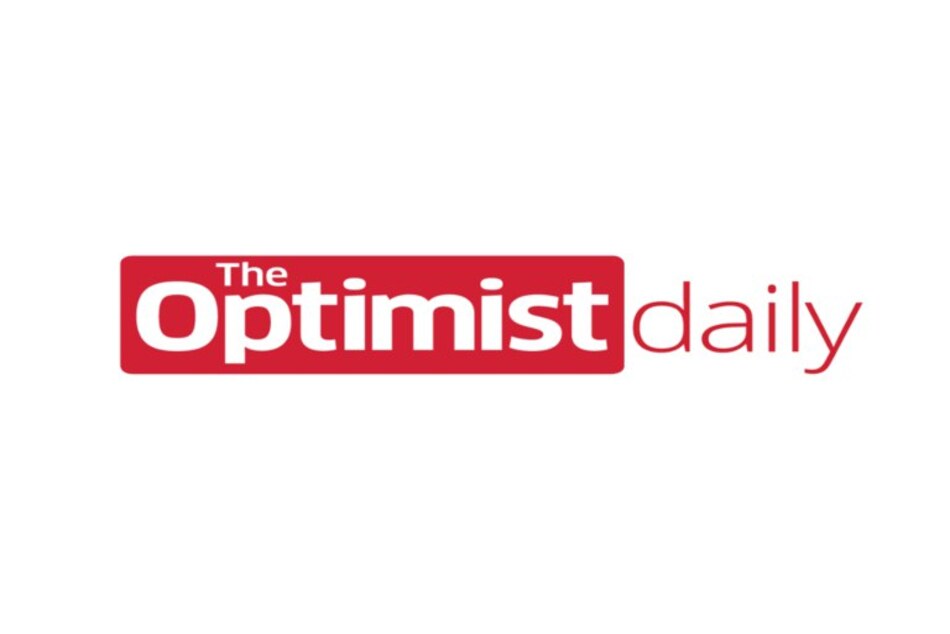According to a study from the University of Colorado, students slept an average of 30 minutes longer each night while attending remote courses, and these increased sleep habits translated over to weekends as well. Students aren’t the only ones sleeping more. Workers who don’t have to get up early to commute are also getting more sleep and even young children, free from their parents’ work schedules, are able to follow a more natural wake and nap schedule.
The pandemic has changed the way we sleep, and Céline Vetter, one of the authors of the Colorado study, thinks that’s a good thing. Work is a predominant dictator of our sleep schedules, and with more remote work flexibility, people have been able to revert back to their natural circadian rhythms, resulting in better sleep and healthier outcomes.
Humans are meant to be awake during the day and asleep at night, but individual circadian rhythms can fluctuate slightly depending on genetics and hormones, as well as external factors like light and noise. Diverging from our natural rhythms increases the risk of fatigue and inattention, decreasing work quality. It also increases the risk of developing cardiovascular disease and type 2 diabetes.
So what does this mean for work? One study found that people’s natural sleep and wake times can vary by up to 10 hours, so while starting work at 9 am might be ideal for some employees, it doesn’t work for everyone.
As we reopen our schools and offices, everyone could benefit from adjusted scheduling to more closely meet everyone’s sleep needs. Flexible work schedules or educational cohorts with varying start times would require some getting used to, but in the long run, it would boost productivity and health.












